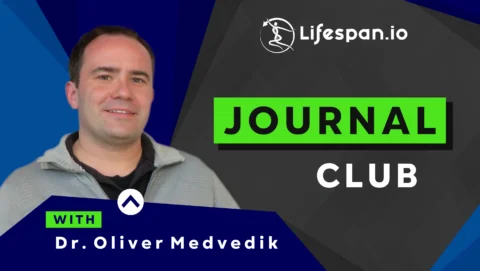February 05, 2024
In Cell Reports Medicine, researchers have published a study demonstrating that, while it has no impact on many aspects of intestinal function, time-restricted eating (TRE) reduces markers of blood glucose. A matter of when rather than what People who conduct TRE, choosing to consume food only at certain times of the day, often report improvements...
December 18, 2023
According to a new populational study, timing meals to natural circadian rhythms and maintaining a long nightly fast is positively associated with cardiovascular health, especially in women [1]. The natural rhythms Diet is one of the most powerful modulators of health and longevity. The amount, type, and timing of meals are all important. Like most...
November 24, 2023
Scientists have found that in killifish, old age is associated with a dampened response to fasting and identified the protein that might be responsible. A similar mechanism might exist in humans [1]. Fast less furious Various fasting regimens are thought to confer health and longevity benefits [2], and some potentially geroprotective drugs actually mimic caloric...
October 27, 2023
Scientists have found that intermittent fasting can ameliorate Alzheimer’s in mice by improving sleep patterns [1]. Time to eat, time to fast Time-restricted eating, also referred to as intermittent fasting (IF), can take different shapes, such as the one-meal-a-day regimen, alternate-day fasting, or 16/8, in which a person fasts for 16 hours and eats during...
March 23, 2023
The Journal Club returns on Tuesday 28th March at 12:00 PM Eastern time to the Lifespan.io Facebook channel. This month Dr. Oliver Medvedik will be exploring a recent study which looked at the effects of prolonged fasting on human macrophages and how metabolites from that fasting increased median lifespan in Caenorhabditis elegans. Abstract Periodic prolonged...
December 06, 2022
Scientists from Singapore have found that intermittent fasting alleviates damage incurred by chronic cerebral hypoperfusion, the impaired blood flow to the brain that is thought to be a cause of age-related dementia [1]. Why intermittent fasting? Back in the early days of geroscience, caloric restriction was the first intervention to substantially increase lifespan in lab...






